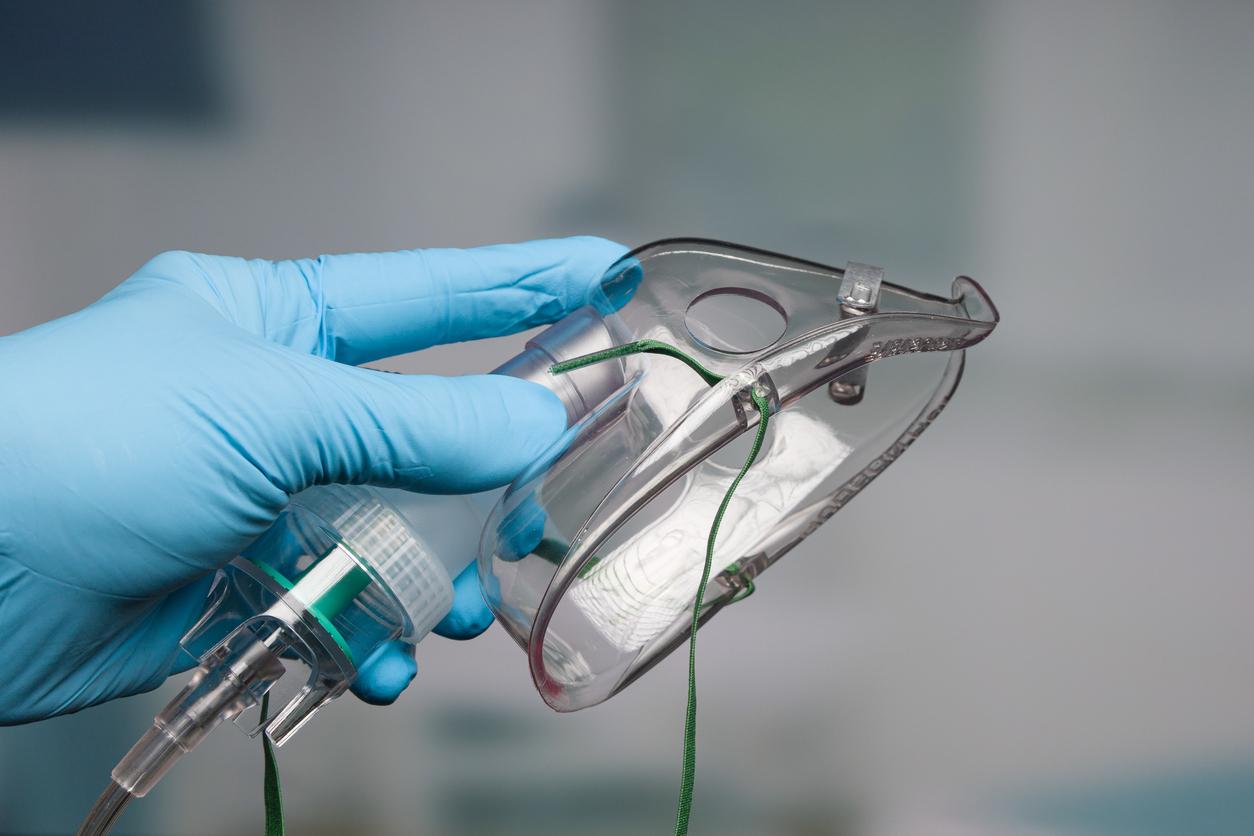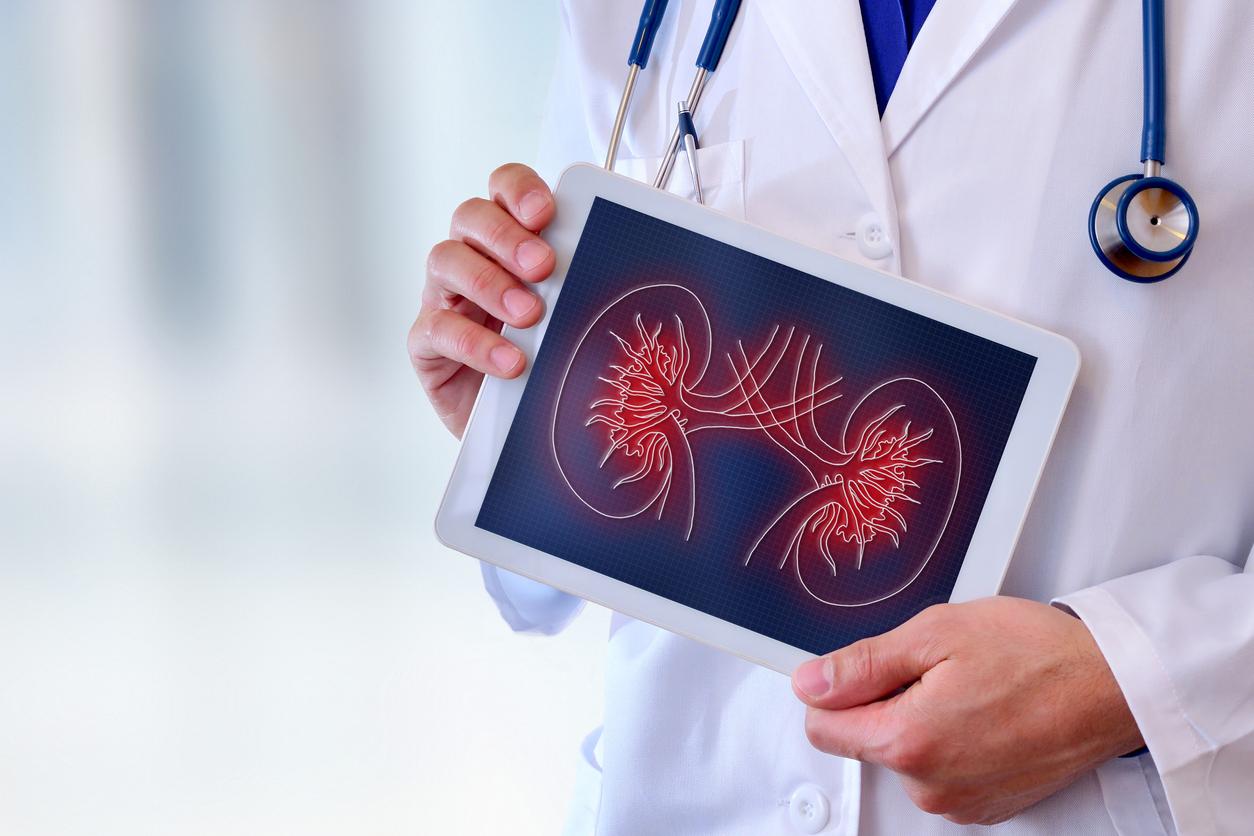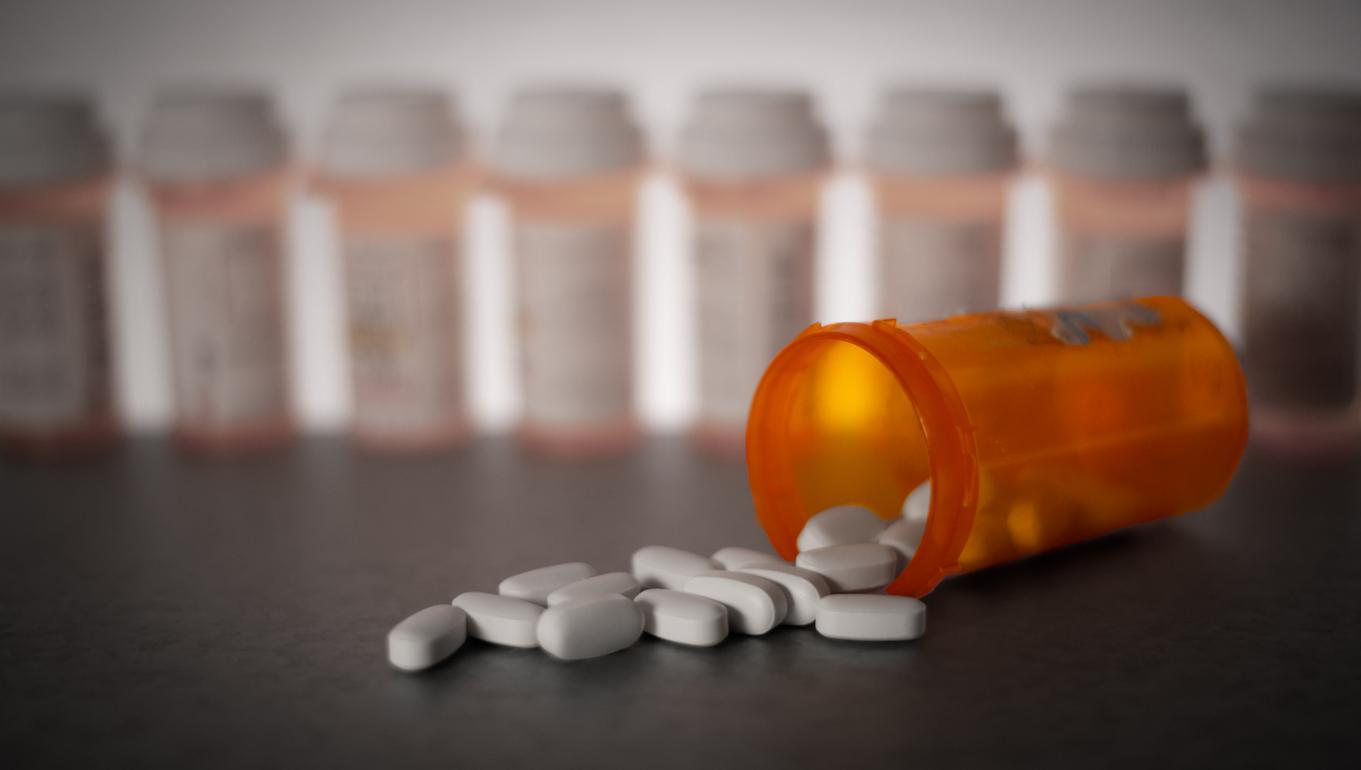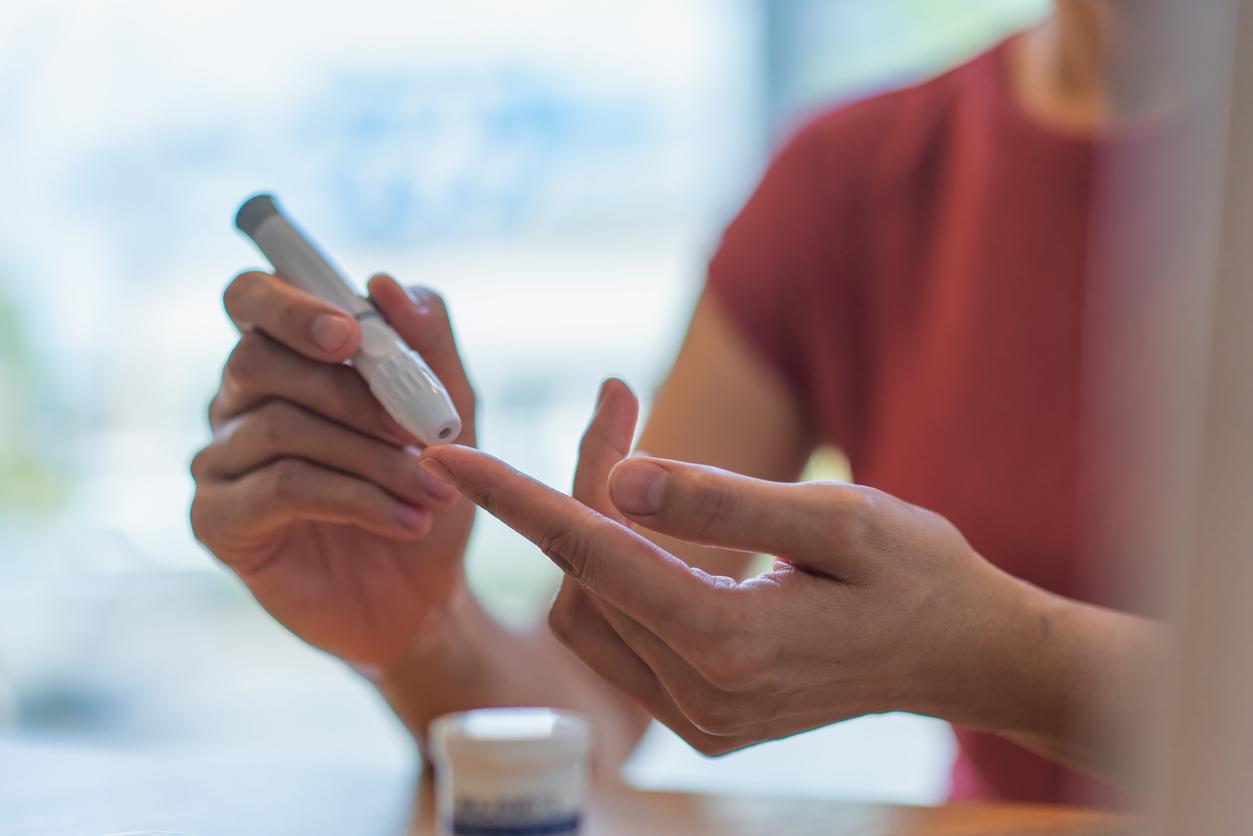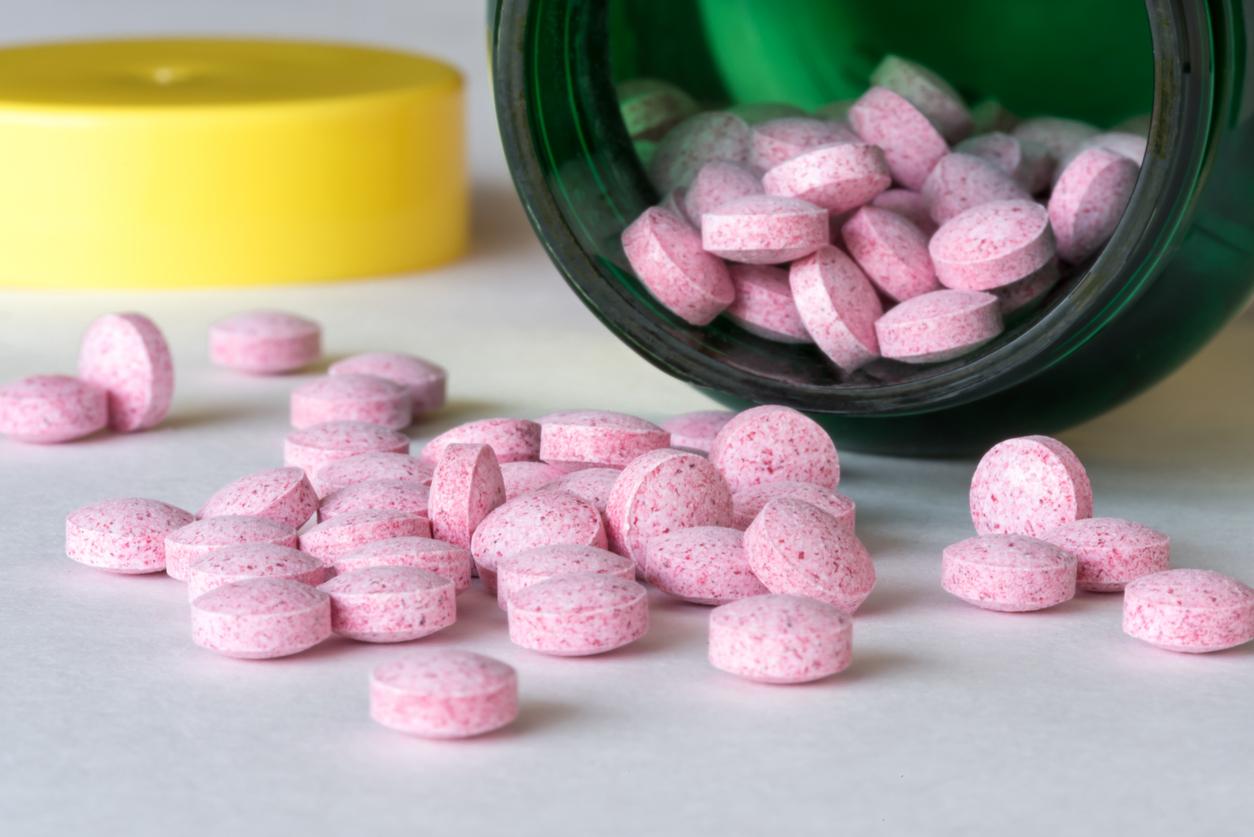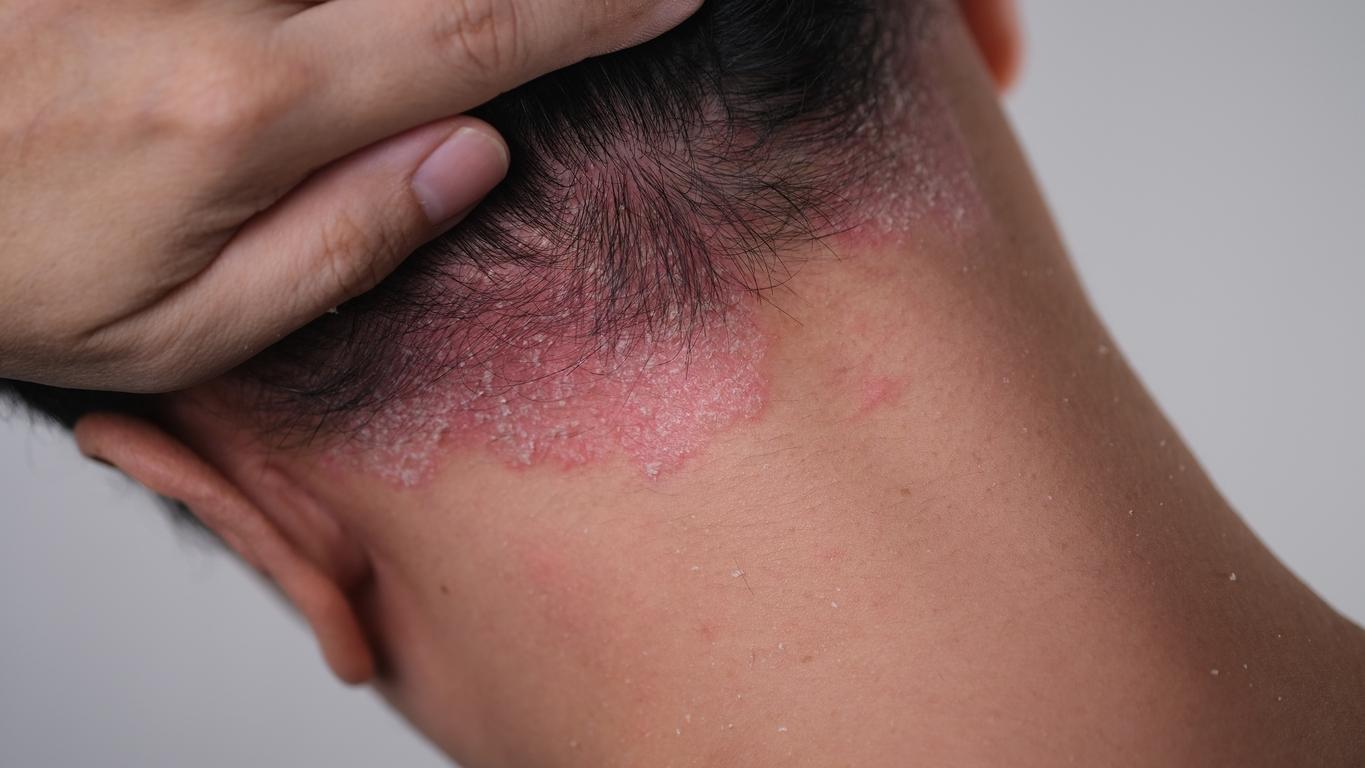A new hormone injection could treat low libido in women and men, according to British researchers.

- Kisspeptin is a natural hormone that stimulates the release of other reproductive hormones in the body.
- “We provide the first evidence that kisspeptin is a potentially safe and effective therapy for women and men with distressing low sexual desire,” said Dr. Alexander Comninos.
Two studies published on February 6, 2023 in the JAMA Network Open show that administration of kisspeptin (a type of hormone that plays a role, among other things, in sexual behaviors) can stimulate sexual responses in people with hypoactive sexual desire disorder (HSDD) – a condition in which patients experience psychological distress due to low sexual desire. Women in the trial reported feeling “sexier” during treatment with kisspeptin.
A potential treatment for hypoactive sexual desire disorder (HSDD)?
HSDD affects up to 10% of women and approximately one in 12 men worldwide. It can have significant psychological and social impacts. The team previously demonstrated that kisspeptin can improve responses to sexual stimuli and stimulate brain pathways of attraction independently of other reproductive hormones like testosterone in men who still have intact sexual desire. Now, researchers have performed the first clinical trials to explore kisspeptin’s ability to stimulate the sexual tract in people suffering from low libido distress.
The two clinical trials involved 32 pre-menopausal women aged 19 to 48 and 32 men with HSDD. In both studies, researchers scanned participants using brain MRI imaging, as well as blood and behavioral tests. Taking kisspeptin improved sexual brain processing in both women and men. This resulted in positive increases in each person’s sexual behavior compared to those who did not receive the injections. The researchers believe these findings pave the way for new kisspeptin therapies for people with HSDD.
The effects of kisspeptin on the brain to boost libido
During kisspeptin or placebo treatments, participants underwent functional MRIs while watching erotic videos and looking at male faces to check how this affected brain activity. Non-erotic exercise videos served as controls in the experiment. The team found that kisspeptin improves sexual and attraction brain activity in key brain areas in women.
The results also show that women with distress due to low sexual function had greater kisspeptin-enhanced brain activity in the hippocampus – a key structure that scientists believe plays a role in female sexual desire. The researchers found that the more kisspeptin activated the posterior cingulate cortex – another key behavioral brain area – when participants saw attractive male faces, the less sexual aversion the women had.
Kisspeptin would also increase the rigidity of the penis
In the second study, 32 heterosexual men between the ages of 21 and 52 with HSDD underwent a similar study. However, the team also measured penile stiffness between January and September 2021. The study demonstrated that kisspeptin significantly increased brain activity in the “sex brain network”, while increasing penile stiffness up to 56% compared to taking a placebo. Similar to the women’s study, kisspeptin had greater effects in key brain regions in men who were more distressed by their low sex drive.
“In men, we demonstrate that kisspeptin can have positive effects not only on the brain but also on the penis by increasing stiffnesssaid Dr Alexander Comninos, a researcher at Imperial College London, in a Press release. Finally, kisspeptin was well tolerated by both women and men with no reported side effects, which is crucial from a drug development perspective.” The researcher adds: “We now plan to move things forward to hopefully realize the potential of kisspeptin therapy in psychosexual disorders – sexual problems of psychological origin, such as unexplained low libido.”










